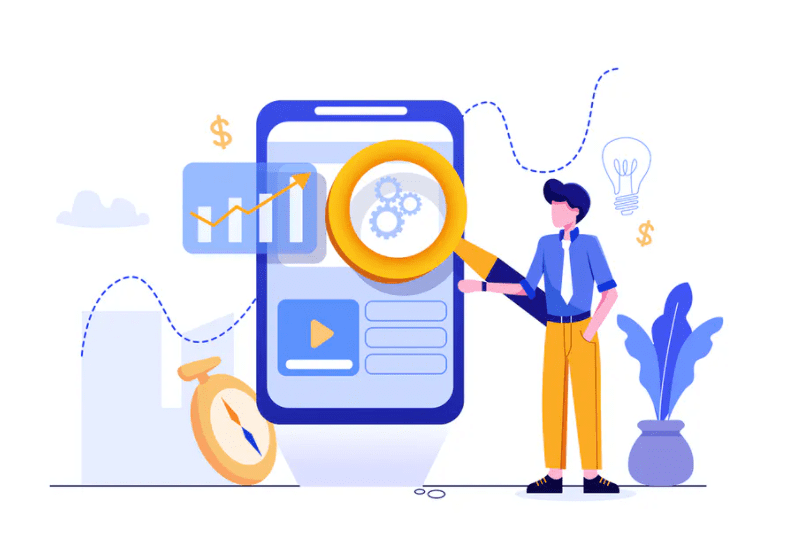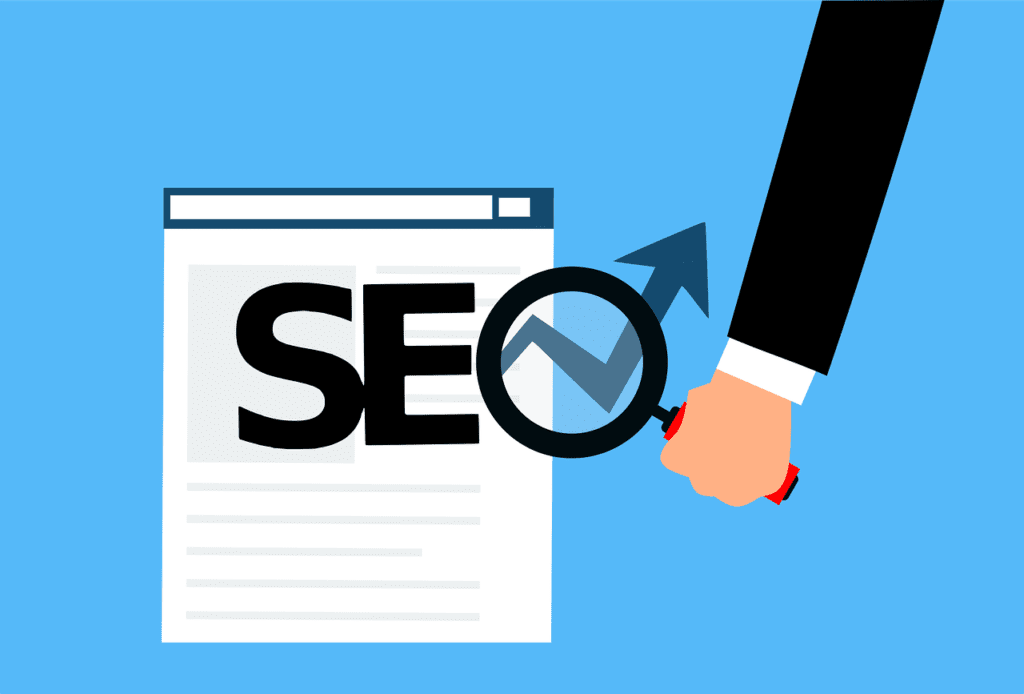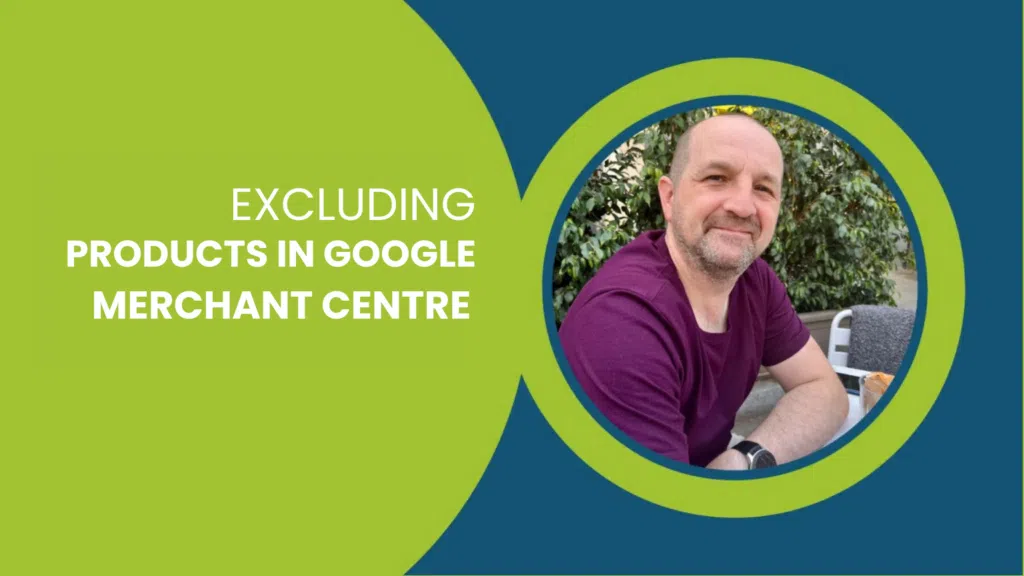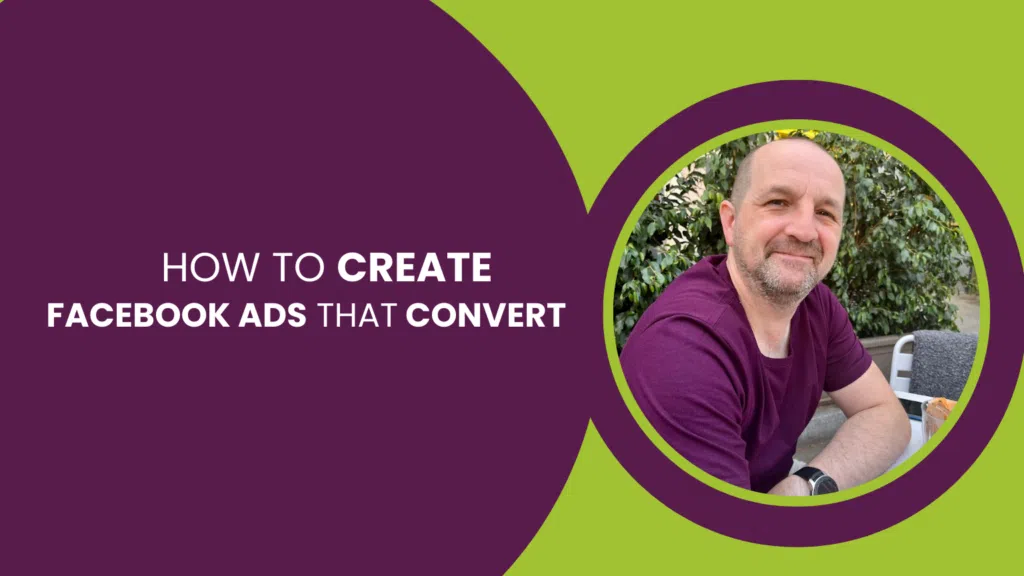As Google continues to make constant updates and modifications to their search engine algorithm, one thing continues to remain constant, search engine optimisation (SEO) is essential for any website to rank highly within the search results (SERPs).
Throughout this article, we will be discussing the difference between on-page and off-page SEO as well as giving some tips and tricks to adapting your marketing strategy.
Both on-page and off-page SEO are essential aspects of getting any website ranking highly in the search results for relevant keywords and phrases.
What is off-page SEO?

Off-page SEO, in short, covers all SEO tactics that take place outside of your own website. It refers to activities that are carried out away from your website to increase rankings and site visibility through search engines. Optimising for off-page SEO ranking factors involves improving search engine and user perspectives of your website to aid trust, credibility and authority. Although many people associate off-page SEO with link building, they aren’t wrong – although off-page SEO goes beyond that.
Off-page SEO is an umbrella term that relates to any work you do outside of your website to build trust and authority through the search results. The signals from off-page SEO tasks help both users and search engines gain a better perception of your website authority and relevance.
Examples of off-page SEO
Off-page SEO includes a number of marketing strategies such as link building, digital PR, local SEO, content marketing and social media management among other things.
A simple way of remembering what off-page SEO is, is to think that it is a task that doesn’t involve making direct changes on your website.
Link building
Link building is the process of acquiring links from other external sites to your website. External links coming into your website is a way for both users and bots to navigate between pages and websites on the internet.
Link building plays an important role in driving organic traffic to your website and falls under the off-page SEO category.
When link building is combined with a website that performs well in terms of technical SEO, good on-page experience and unique content, it can be effective at driving new traffic to your site and increasing domain authority.
Domain Authority (DA) is a search engine ranking score developed by Moz that predicts how likely a website is to rank in search engine result pages. DA scores range from one to 100, with higher scores corresponding to greater likelihood of ranking.
Digital PR
Digital PR is a marketing technique used to increase brand awareness using online methods under the umbrella of off-page SEO. In many ways, it is similar to traditional public relations, in which an organisation or individual gains exposure to its desired audience using topics of public interest. For it to be successful, you need to dedicate time to building relationships with your target audience to get your brand known.
Digital PR also includes gaining high-quality backlinks to websites and publications as well as increasing brand awareness. So if your business has groundbreaking industry news then investing in Digital PR might be the best off-page SEO tactic for you.
Local SEO
Local SEO is a phrase that is often thrown around online that refers to increasing search visibility for businesses that serve their communities face-to-face. These can be brick and mortar businesses with physical locations like supermarkets, or service-area businesses that operate throughout a certain geographic area like an electrician or window cleaner.
Local SEO is a marketing technique that is used to increase off-page SEO experience to result in higher localised rankings and traffic to your website. There are many tools and platforms available to use that help increase business visibility within a close proximity such as Google My Business and BrightLocal.
Why do you need to adopt off-page SEO?
Search engines have been trying for decades to find a way to return the best results to the user in a timely manner. To achieve this, they take into account the on-site SEO factors as well as off-page SEO.
Off-page SEO gives search engines an indication on how other websites and users perceive the particular website.Think about off-page SEO as building your site’s authority, and without this, your website won’t outrank those that already have higher authority. It is usually the case that content from higher authority websites ranks better than those with lower authority. Having said that, search engine ranking factors go beyond website authority.
Off-page SEO should be included in any marketing strategy where the goals are to increase traffic to a website and aid site conversions.
So, now we know all about off-page SEO, let’s drive into on-page SEO and discover the benefits.
What is on-page SEO?
On-page SEO is the practice of optimising individual website pages in order to rank higher within the search results and earn more relevant traffic to your website. On-page SEO refers to both content and HTML source code of a webpage, as opposed to off-page SEO which refers to backlinks and other external signals.
Examples of on-page SEO
There are many differences between on-page and off-page SEO. On-Page SEO is multifaceted and goes beyond just content like many people think. It includes marketing methods such as optimising meta titles and descriptions, blogging, website technical health and page speeds.
Optimising Meta Tags

One of the key digital marketing aspects that falls under on-page SEO is the practice of optimising meta titles and meta descriptions (also known as meta tags). These provide information about the webpage. While this information is not displayed on the page itself, it can be read by search engines and web crawlers.
Search engines such as Google use metadata from meta tags to understand additional information about the webpage. They can use this information for ranking purposes, to display snippets in search results.
It’s good practice to conduct keyword research before writing your meta tags as well as ensuring they are within the correct character count (55 for titles and 155 for descriptions).
Writing quality content
Blogs are one of the most popular forms of content marketing, writing quality content that is well optimised in line with your target audience is a great way to attract new visitors to your website.
Blogging and content writing is one of the most popular forms of on-page SEO and can soon see your website rankings and traffic volumes increase. If your business is looking to invest time into on-page SEO then creating a website blog is a great place to start.
Technical SEO

Another important on-page SEO tactic to be aware of is the technical performance of your website and its site health, also known as technical SEO. Traditionally, this phrase referred to optimising your site for crawling and indexing, but can also include any technical process meant to improve search visibility. Technical SEO is a broad and exciting field, covering everything from sitemaps, meta tags, JavaScript indexing, linking, keyword research, and more.
There are multiple tools available such as SEMRush and Screaming Frog to help you take the leap into the on-page SEO world and get your website’s technical performance up.
So why is on-page SEO Important?
Getting a website ranking in high keyword positions requires optimising your web pages for a number of factors that search engines consider to be important, these include technical performance, on-page SEO and off-page SEO.
On-page SEO is important as it helps search engines understand your website and its content, as well as identify whether it is relevant to a searcher’s query.
As search engines become more sophisticated, there is a greater focus toward relevance and semantics in the SERPs.
Final takeaways
Over recent years, we have been seeing an increase in focus toward off-page SEO with new technical algorithms constantly rolling out. However the reality is both on and off-page SEO are equally important and should be considered for any website that wants to be visible within the search results. On-page SEO and off-page SEO go hand in hand in any organic marketing strategy and should be at the forefront of any digital marketing campaign.








One Response
Really enjoyed your article as its highly informative